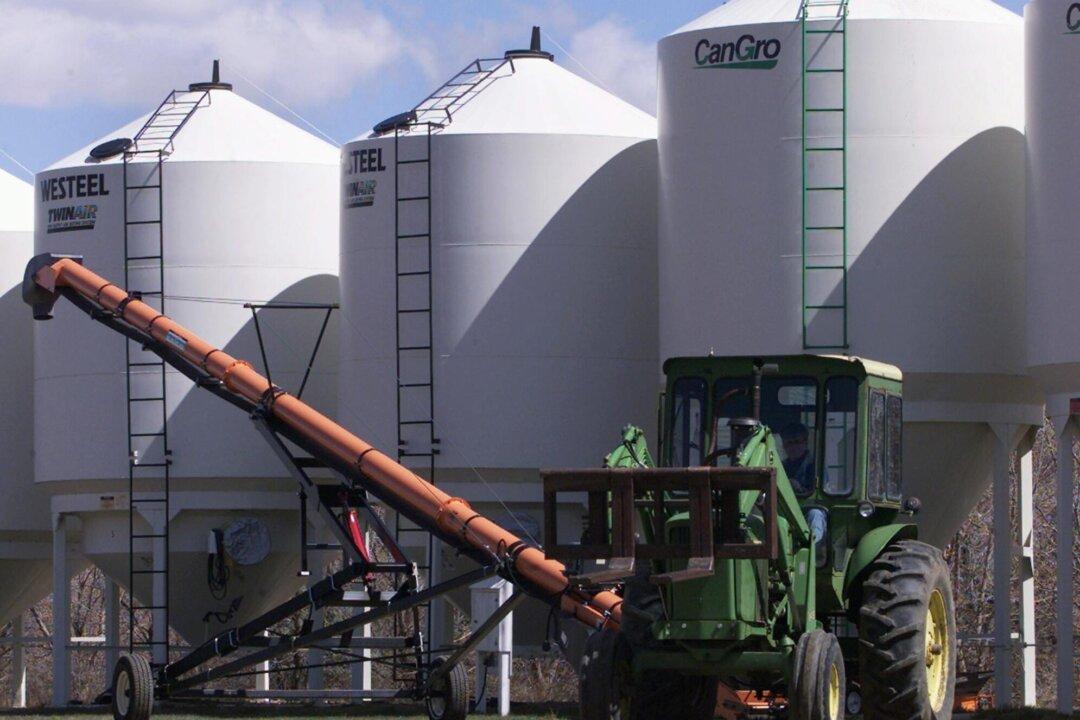Saskatchewan Premier Scott Moe has criticized Prime Minister Justin Trudeau for the stalled trade negotiations with India.
“Does Trudeau even understand the damage he is doing to our trade relationship with India—one of our most important trading partners?” Mr. Moe posted on X, formerly known as Twitter, on Sept. 11.





